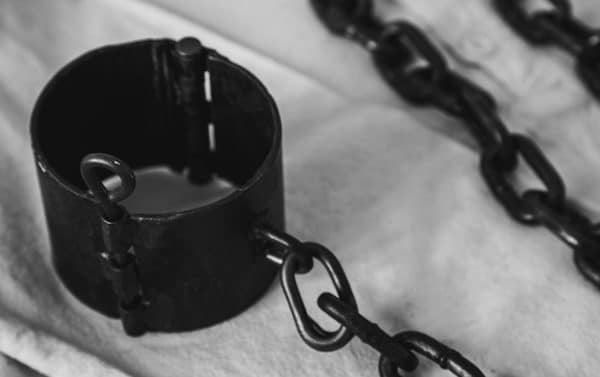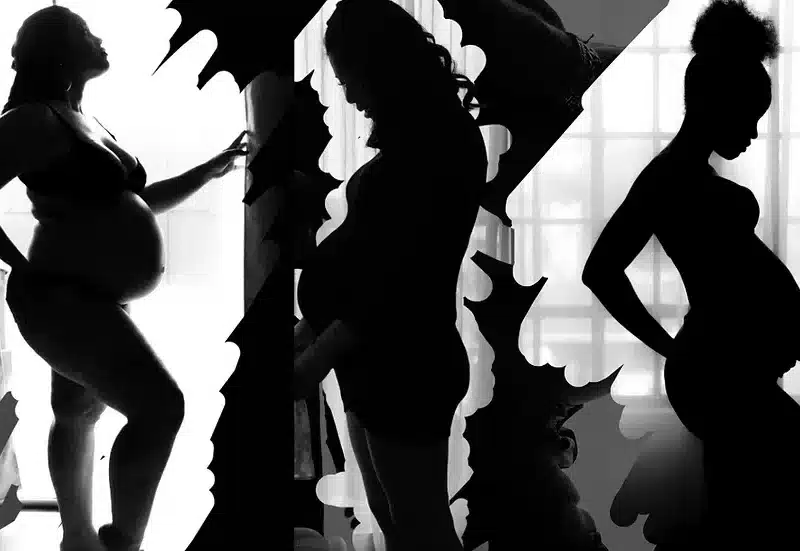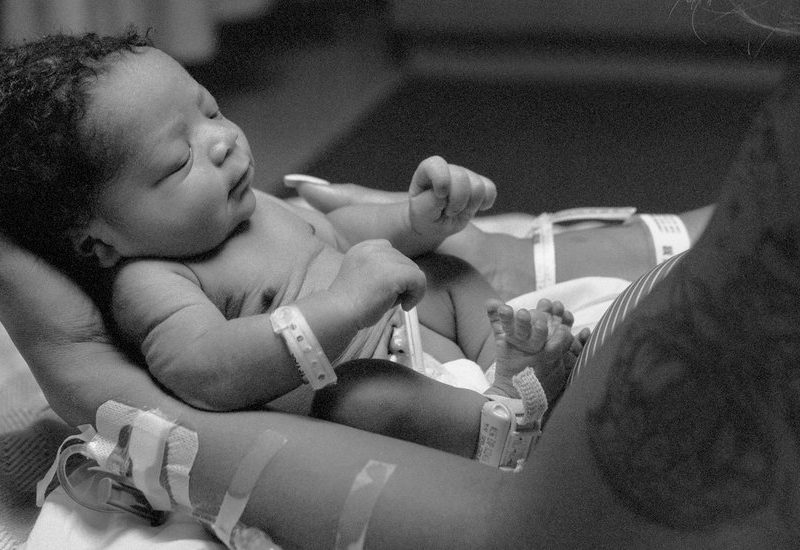
While bringing a new life into the world can fill an expectant mother with unparalleled feelings of hope and excitement, it also brings physical pain, emotional stress, and fear. But just imagine, for a moment, if an expectant mother was also placed in shackles on her way to the delivery room, and kept in shackles during labor and post-delivery recuperation. This is just a sampling of the practices many imprisoned women face when giving birth behind bars, thereby placing a healthy pregnancy, delivery and recovery in jeopardy.
Nearly 80 percent of women currently spending time in jail are mothers. Five percent of them are pregnant, and most of them are black. Since black women now earn only 63 cents for every dollar that a white, non-Hispanic man earns, and since 80 percent of black mothers are the primary breadwinners for their households, the wage gap impacts them more significantly, particularly when they're in the midst of raising families. Black women's ability to post bail therefore becomes increasingly problematic, which can leave them behind bars for months, or even years, awaiting trial. The Center for American Progress reports that of the 219,000 incarcerated women in the United States, black women are two times more likely to serve time than white women. And since they often cannot afford bail, most of these women are in jail awaiting trial, even though they often have less extensive criminal backgrounds compared to their male counterparts.
By closing the wage gap, black women would earn the money they rightfully deserve, and adding the Equal Rights Amendment (ERA) to the US Constitution would help them do exactly that. According to NOW, the ERA could help move pay equity legislation that has been stuck in Congress for several years and provide a more effective tool for sex -based employment discrimination litigation. Further, it may also exert a positive influence in helping to raise pay in numerous occupational categories where wages are low simply because these occupations are traditionally and primarily held by women, such as retail clerks, home health aides, nursing aides, and waitresses.
This unfortunate reality is a further reflection of the trickle-down effect of systems that fail to protect black women. Incarcerated black woman whose pregnancy ends fatally not only fall victim to lower wages, but also the daunting truth about infant mortality that is sweeping the black community -infants born to black mothers die at twice the rate as those born to white mothers.
“We know that stress impacts birth outcomes, therefore incarcerated women are at a higher risk of preterm births and low birthweight babies, which puts that infant at a greater risk of not surviving to its first birthday,” says Kimberly Seals Allers, a maternal health advocate.
Further, a recent investigation conducted by The National Women's Law Center into each state's protections for incarcerated pregnant women found the following that more than forty states did not require medical examinations or guidance for pregnant women, or facilities that offer prenatal nutrition counseling or nutritious meals to incarcerated pregnant women. Additionally, over thirty states did not require screening and treatment for high-risk pregnancies, and forty-four states did not require pre-scheduled arrangements for deliveries. Even more concerning, forty-nine states failed to report a list of all pregnancies, or their outcomes. Of all 50 states, a total of 21 received a failing or almost failing grades.
While women continue to be the fastest growing population to be incarnated in the United States, and with black women making up the majority of this population, it is fair to argue that imprisonment has a direct impact on the rates of infant mortality within the black community. “There are still six states in the US where women are shackled during childbirth,” Allers continues. “In the US, we have an adversely punitive culture that doesn't allow for putting the interests of an innocent and helpless baby first. Prison policies were created by men for a predominantly male population. Since women now reflect a growing prison population, it is time for a change.”
Perhaps the issue can best be summed up by Ash Williams, North Carolina organizer for SisterSong, a southern based, national membership organization whose mission is to improve institutional policies and systems that impact the reproductive lives of marginalized communities. “We don't want an alternative to shackling,” Williams say. “We want an alternative to prison, which makes the shackling possible.”
And that is exactly what the ERA can help accomplish.
About the author: A recent graduate of Columbia University’s Graduate School of Journalism, Sage Howard is a 2018 fellow in the Sy Syms Journalistic Excellence Program, funded by the Sy Syms Foundation. The Sy Syms Journalistic Excellence Program at Women’s eNews fellowship supports editorial and development opportunities for editorial interns in the pursuit of journalistic excellence.


